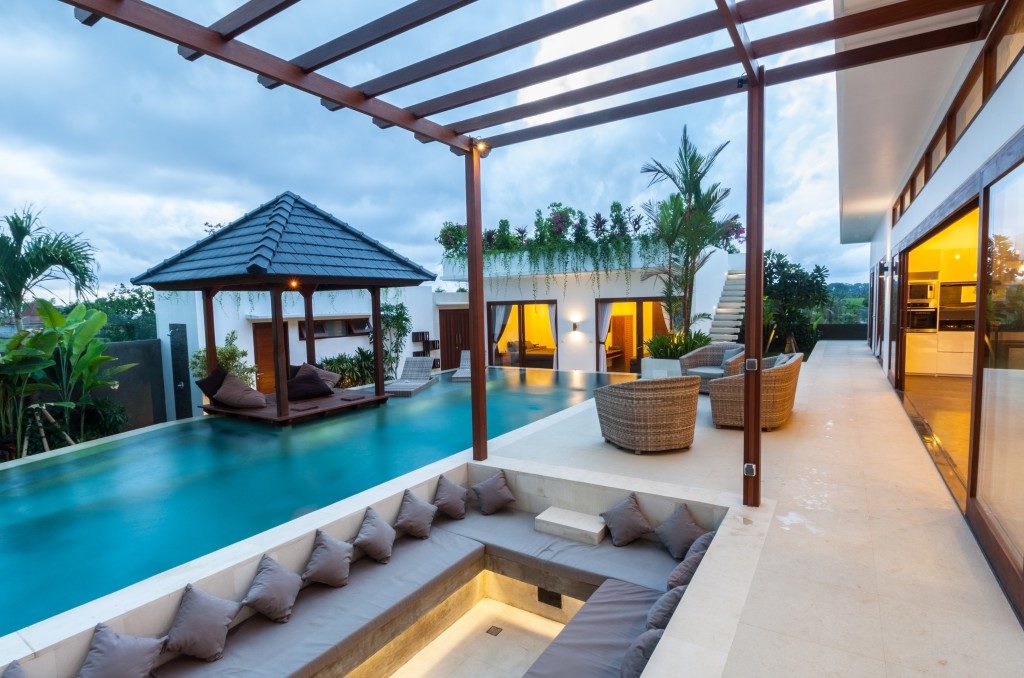Financial stability is something that everyone aspires to attain. Not only does it give you security for the future, but it also opens plenty of opportunities, one of which is purchasing a home.
As grueling as the process may be, many are still attracted to homeownership — and for many good reasons. Mortgage and potential debt aside, there is nothing more satisfying than arriving from work to a place that you know is actually your own.
For some people, however, there will come a time that the home is not enough no matter how large and spacious it may be. They will begin seeking out homes away from home.
Summer and Winter Homes
The more popular option for the longest time has been summer homes, maybe in the Hamptons or somewhere tropical. Recently, the rich and affluent have been venturing out to winter homes, as well. It appears that there is something appealing about owning log cabins in Utah, and worrying about details such as fireplaces going through gas conversion and rugs being fluffy enough for the cold weather.
Regardless of these worries, many are still drawn to purchasing a vacation home mainly for the reason of having a getaway during the colder (or hotter) seasons. Still, owning a vacation property is generally inadvisable considering the fact that you will not always wish to escape to your log cabin or beach home during your time away from work.
If you are still wondering if purchasing a vacation home is in your best interest, here is one main reason that it truly is not: it is a huge financial liability.

The Costs
If you are willing to pay in cash, it is a whole different matter. However, buyers are typically required to pay a higher down payment for a second house compared to the one they paid for their primary loan. A great example would be how some loan programs allow borrowers to pay for as low as 5% on their first house, but ask for at least 10%, maybe more, on succeeding properties.
As you know, the finances do not stop with the mortgage. Often, homeowners are not satisfied with the original look. Also, for a house to be suitable for occupation, furniture has to be bought. This brings up the matter of renovation, interior decoration, and furniture shopping — all of which are going to make a dent in your pockets.
ROI?
When the house is ready, many homeowners believe they can get a return of investment. In the age of AirBnBs, renting out your property has become much easier. You should take note, however, that it does not always work out.
While you can make some profit by renting out your vacation home, it will probably just go towards paying off other fees, like property taxes, cleaning costs, and managing expenses for the person handling the property while you are away. There is also the matter of utilities to worry about, considering water and electricity both have to be flowing even if no one is staying in the property.
Given all these things to consider, it is more beneficial to rent vacation homes instead of purchasing one. This gives you plenty of opportunities to get away and enjoy your time off, without having to worry about managing another property.




